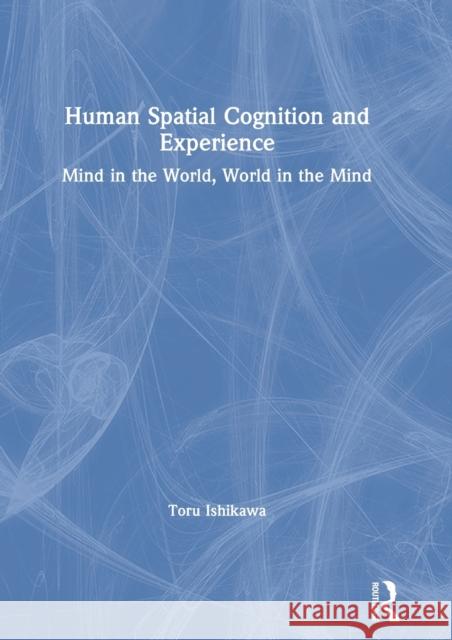Human Spatial Cognition and Experience: Mind in the World, World in the Mind » książka
Human Spatial Cognition and Experience: Mind in the World, World in the Mind
ISBN-13: 9780815369851 / Angielski / Twarda / 2020 / 270 str.
Human Spatial Cognition and Experience: Mind in the World, World in the Mind
ISBN-13: 9780815369851 / Angielski / Twarda / 2020 / 270 str.
(netto: 718,58 VAT: 5%)
Najniższa cena z 30 dni: 680,04
ok. 16-18 dni roboczych.
Darmowa dostawa!
This book offers an introduction to human spatial cognition and behaviour and is designed for graduate and advanced undergraduate students who are interested in the study of maps in the head and the psychology of space. We live in space, and interact and make decisions based on our feelings about spaces all the time. Have you ever wondered how some people navigate perfectly using maps in their heads while other people get lost even with a physical map? How do we know where we are? This book will clarify that our knowledge, feelings, and behaviours emerge as a consequence of our interacting with the surrounding space, and show that interaction with the surrounding space has significant consequences on our perception and cognition. Recognised in recent years as one of the most important and emerging fields of research, spatial cognition looks at how people deal with spaces and spatial information, and their behaviour within that space. This book introduces why and how space, and cognition of space, relate to our lives, and introduces the reader to why and how space matters. It is no coincidence that the 2014 Nobel Prize in Physiology or Medicine was awarded for research into a positioning system in the brain or inner GPS - a study using spatial cognition. This is the first book aimed at graduate and advanced undergraduate students pursuing this fascinating area of research. The content introduces the reader to the field of spatial cognition and behaviour with a series of chapters covering cognitive mapping, geospatial information and environmental aesthetics. The book also introduces theoretical, empirical and practical issues involved in the study of spatial cognition.











